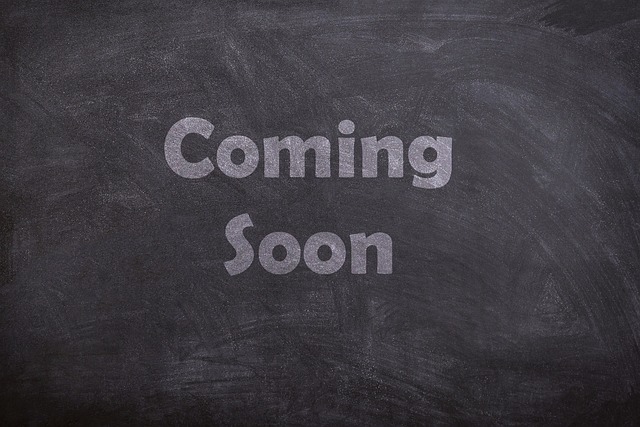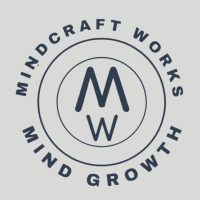Unlock the power of Māori-led solutions for mental health in this video, “Why Māori Culture Must Lead the Solution.”
Discover how embracing kaupapa Māori approaches-rooted in mātauranga Māori, whānau ora, rongoā, and wairuatanga-creates more effective, empowering, and sustainable pathways to wellbeing.
Swedish fika is a cherished cultural tradition that goes far beyond a simple coffee break.
Rooted in the Swedish values of community, relaxation, and balance, fika is the daily ritual of pausing to enjoy coffee or tea-often paired with pastries like cinnamon buns-with friends, family, or colleagues.
It’s a time to slow down, connect, and recharge, whether at home, in a cozy café, or outdoors in nature.
Unlock the true power of collaboration in our latest video, “From Consultation to Co-Creation.” Discover how moving beyond traditional consultation to genuine co-creation transforms communities, organizations, and projects.
We break down the key differences between consultation and co-creation, showing how shared ownership, equal partnership, and inclusive engagement lead to more innovative, relevant, and sustainable outcomes
Unlock culturally-adapted mental health support for Indigenous communities in Europe and Scandinavia.
In this video, we explore how our mental self-help courses-co-created with Indigenous perspectives and psychiatric science-can make a real difference for groups like the Sámi, Greenlandic Inuits, Nenets, Basques, Catalans, Galicians, Crimean Tatars, and more.
Why does mainstream psychiatry so often fail to heal mental illness?
Despite decades of research and billions spent, recovery rates for conditions like depression and schizophrenia have barely improved since the 1950s.
Mainstream psychiatry’s focus on the biomedical model-treating mental illness as a chemical imbalance and prescribing medication-often ignores the deeper roots of distress, such as cultural disconnection, trauma, and the realities of people’s lives.
Discover how self-help online courses compare in efficiency and efficacy to traditional therapy and doing nothing.
In today’s fast-paced world, self-help online courses offer instant access, flexibility, and privacy, allowing you to start your mental health journey immediately-without waiting weeks for an appointment.
Research shows that these courses, especially those based on cognitive behavioral therapy (CBT), are just as effective as in-person therapy for many people, with success rates between 60% and 80%.
Traditional government spending often fails to deliver effective outcomes due to systemic inefficiencies, cultural misalignment, and bureaucratic rigidity.
Billions are lost to administrative waste, slow adaptation, and one-size-fits-none programs that ignore the unique needs of diverse communities.
For example, up to 25% of healthcare spending in some countries is wasted on overhead
Let’s talk numbers
Discover the true cost of traditional psychiatric programs and government mental health initiatives in dollar terms-and why there’s a smarter, faster alternative.
Each year, billions are spent on outpatient therapy, inpatient care, and government programs, with costs ranging from $100–$500 per session for outpatient therapy and up to $2,000 per day for inpatient treatment.
In contrast, online self-help courses deliver comparable results for a fraction of the cost and are available instantly.

Making the case.
Facts, figures and arguments to present in your funding requests.

